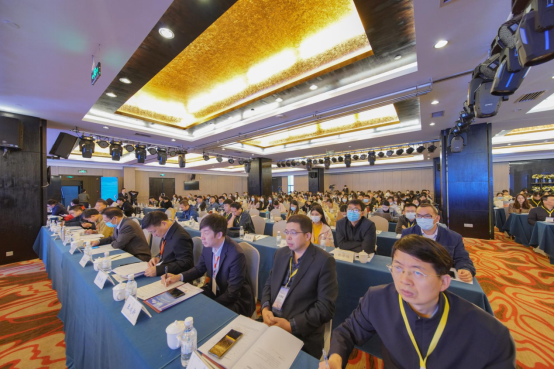
CUG News (Reported by Yang Shengfu and Wang Ying) From October 15 to 17, 2021 Academic Annual Session of Development Geography of The Geographical Society of China" was held, which was sponsored by Professional Committee of Development Geography of The Geographical Society of China and undertaken by School of Public Administration, School of Geography and Information Engineering and Key Laboratory of Research on Rule of Law under the Ministry of Natural Resources.
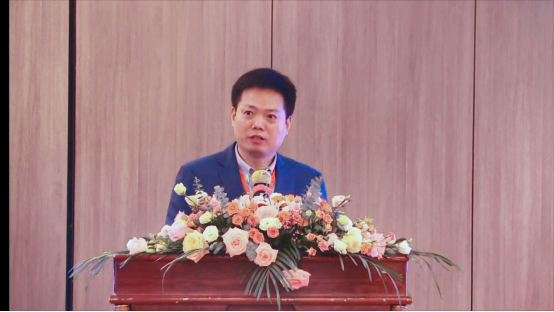
Hu Shougeng, Dean of School of Public Administration, presided over the opening ceremony.
Researcher Zhang Guoyou, Vice Chairman and Secretary General of the Geographical Society of China, Researcher Deng Xiangzheng, Director of Professional Committee of Development Geography of the Geographical Society of China, the Editor-in-Chief of Resource Conservation and Recycling, Professor Xu Ming from University of Michigan, Ann Arbor, Professor Feng Kuishuang from University of Maryland and Professor Liu Gang from University of South Denmark, Senior Researcher Sun Zhanli from Leibniz Institute for Agricultural Development in Transformation Economies, Professor Zhang Lixiao from Beijing Normal University, the Editor-in-Chief of Environmental Management, Researcher Zhao Xin, the full-time chief editor-in-chief of Acta Geographica Sinica (English Version), Researcher Wang Lixin, the full-time vice editor-in-chief of Geographical Research, and Vice President Liu Yongsheng of CUG and more than 200 delegates from more than 40 universities, institutes, companies and enterprises, and more than 12,000 online persons attended the meeting.
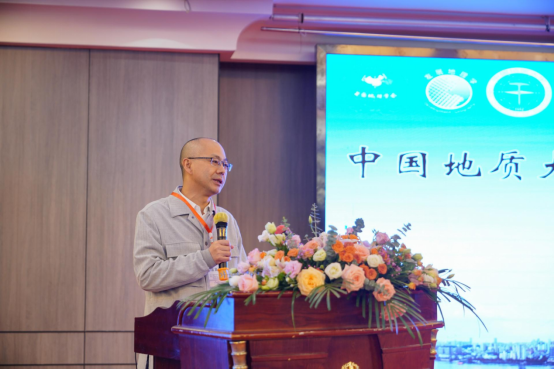
Liu Yongsheng said that 2021 was the first year of the 14th Five-Year Plan, and it was also the key year to start the new journey of building a socialist modernized country in an all-round way. How to further optimize the pattern of land space development and protection, promote innovation-driven development, and achieve regional coordinated development, It had become the frontier and hot topic of geography, management and economics to shape new advantages in development in an all-round way. The session met the latest trend of international academic frontiers and the major demand of national macro-decision-making, and focused on the hot issues and future development directions of the land space governance and the research of development geography, conducted academic discussions and exchanged academic achievements and was of great significance to offer suggestions and recommendations for implementing the regional sustainable development strategy, improving the level of regional green development and promoting the construction of a beautiful China. He said that CUG would work together with everyone for the joint development, and contribute to the innovative development of development geography in the new era.
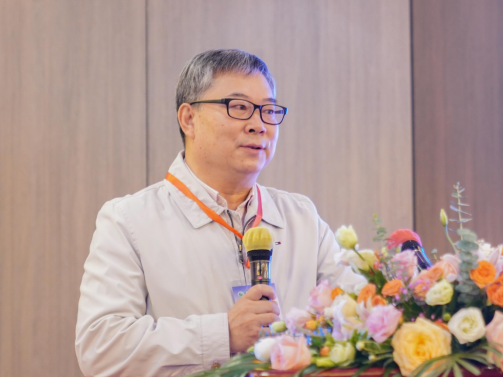
Zhang Guoyou pointed out that we should continuously accelerate the interdisciplinary research and application practice of geography, economics, management and environmental science, discuss the major scientific and realistic topics such as the space-time pattern and characteristics of China's land space, the optimal allocation of resources in the process of green transformation, and major scientific and practical issues such as peak carbon dioxide emissions and carbon neutrality, actively explore the scientific laws of ecological environment management and sustainable development, and understand the deep scientific laws of new urbanization and urban-rural integration development.
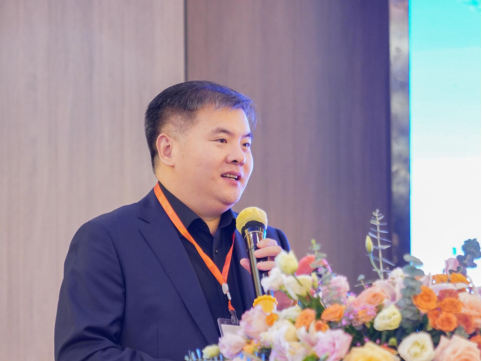
Deng Xiangzheng said that under the international background of global environmental change, global economic integration and global geopolitical structure change, China was also facing severe problems such as land space governance, new-type urbanization and urban-rural integration. How to improve China's land space governance system and achieve the governance capacity modernization under the new normal background in the new era and realize the sustainable and stable development of land space governance had become the frontier and hot topic of current geographical and economic research, and the development geography had met with another opportunity for development.
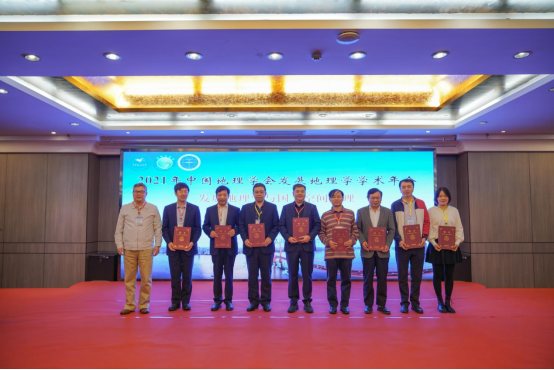
At the session, Zhang Guoyou issued letters of appointment to Deng Xiangzheng, the Director of Professional Committee, Vice-director Dong Xiaofeng, Li Zhaohua, Liu Xiaopeng, Wang Chengxin and Wang Zhanqi, Secretary-general Wu Feng and Vice Secretary-general Li Zhihui.
Subsequently, Researcher Deng Xiangzheng, Director of Professional Committee of Development Geography of the Geographical Society of China, Professor Feng Kuishuang from University of Maryland, Professor Xu Ming from University of Michigan, Ann Arbor, Professor Wang Chengxin, Dean of School of Geography and Environment of Shandong Normal University, Senior Researcher Sun Zhanli from Leibniz Institute for Agricultural Development in Transformation Economies, Professor Liu Gang from University of South Denmark, and Professor Wang Zhanqi from CUG respectively made the theme-focused reports entitled Causes and Development of Poverty Belt around Beijing and Tianjin: Re-recognition from the Perspective of Development Geography, Global Carbon Inequality and Its Impact on Poverty Reduction, Carbon Neutralization and Life Cycle Thought, Research on Urban Shrinkage in China in the New Development Era, Thinking on Sustainable Transformation of China's Land System Based on Complex System Outlook, Cement Forest and Sponge Effect under the Background of Urbanization and Double Carbon Goals, and Carbon Emission Effects of Changes in Land Use and Countermeasures respectively.
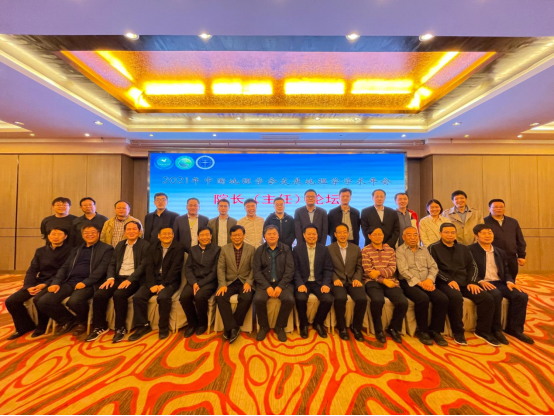
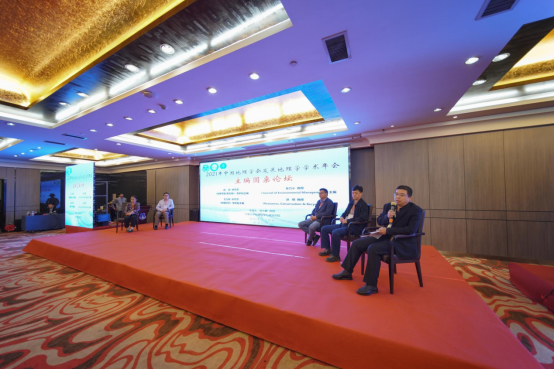
This annual academic session also set up 8 sub-sessions: special invitation forum by deans (department heads), roundtable forum of editors-in-chief, new urbanization and ecological environment management, targeted poverty alleviation and rural revitalization, green economy and low-carbon transformation and development, land space development and utilization and ecological protection and restoration, modernization of land space governance system and governance capacity, regional coordinated development and ecological environment protection and three postgraduate forums. More than 140 experts, scholars and young teachers and students made the reports.
The session provided a multi-dimensional exchange platform for experts and scholars to discuss major scientific issues and practical issues related to China's land space governance, and provided necessary scientific support and decision-making consultation for building a comprehensive land space governance system and realizing modernization of governance capacity, and also provided a new scientific cognition to the participants.
It was reported that 2022 Academic Annual Session of Development Geography of the Geographical Society of China would be held in China University of Geosciences (Beijing).